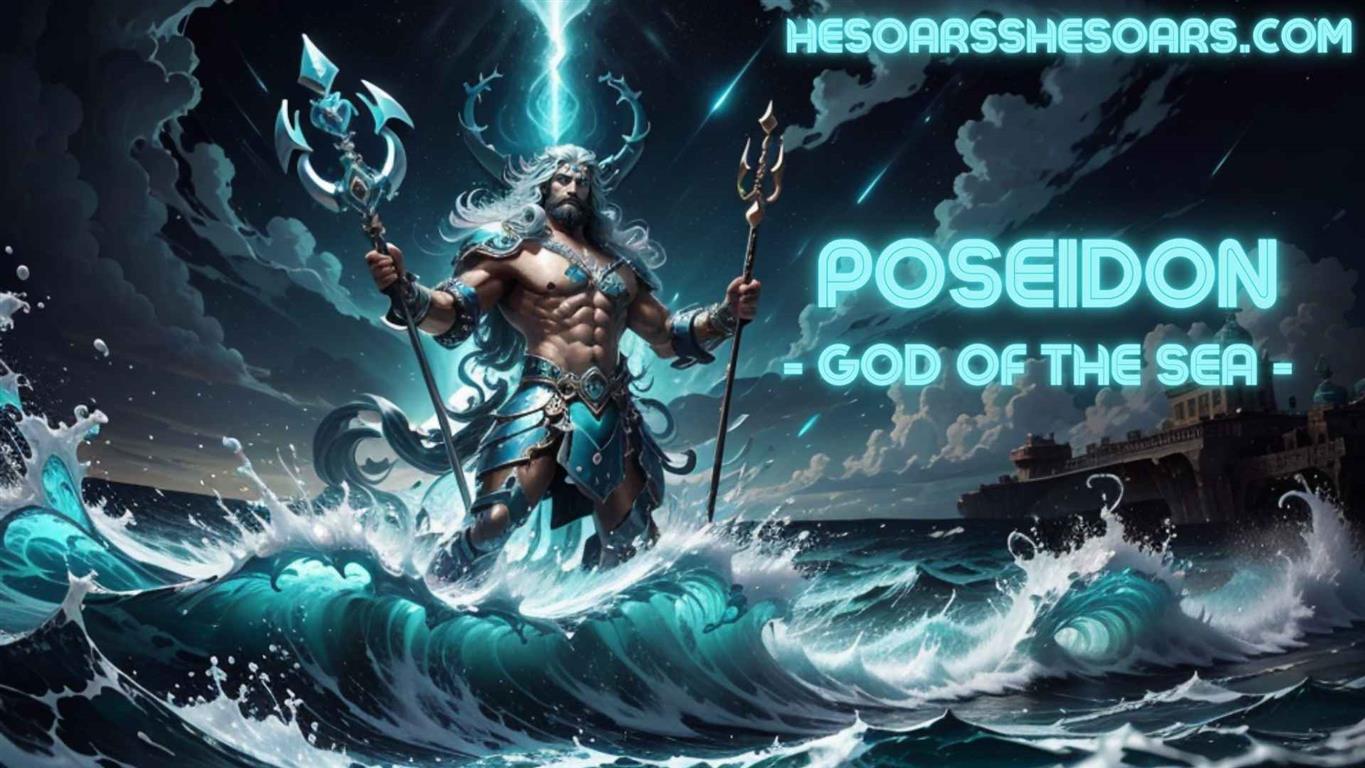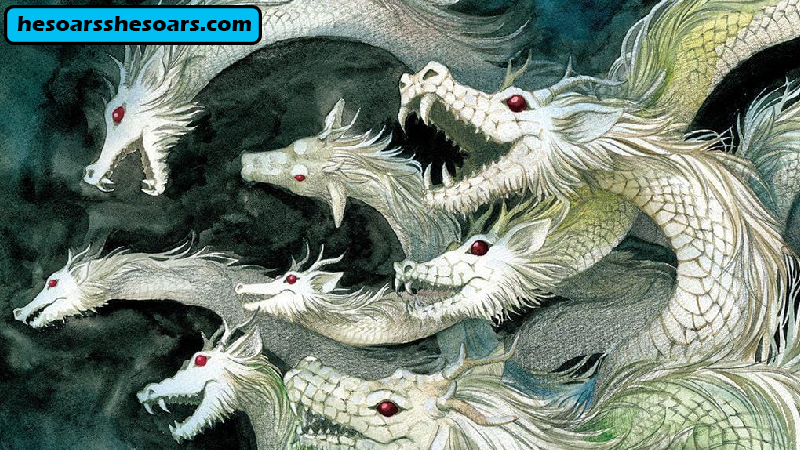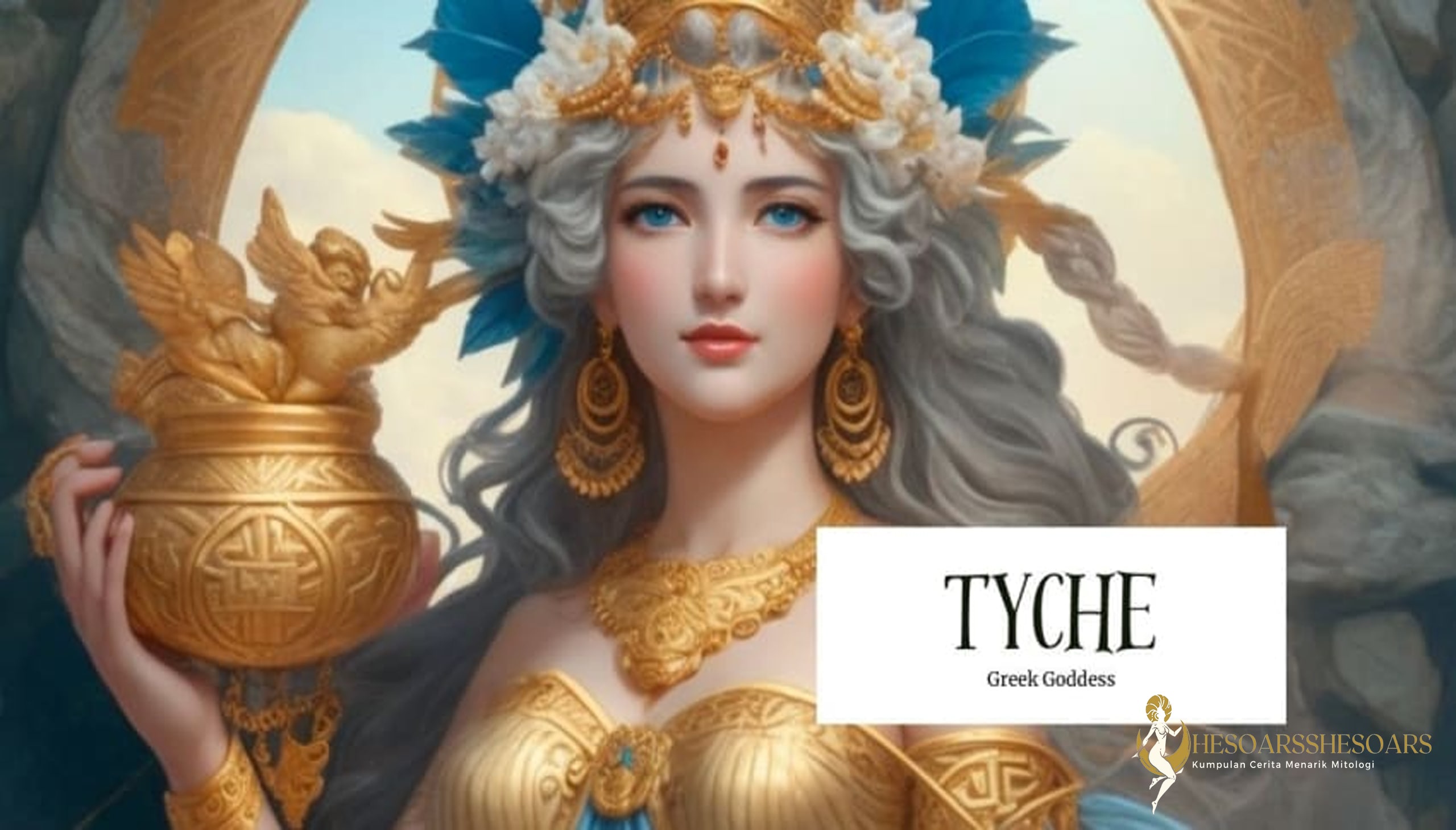Introduction Poseidon
The pantheon of Greek gods is vast and varied, with deities ruling over nearly every aspect of life, nature, and the universe. Among the most formidable and influential of these deities is Poseidon, the God of the Sea. His dominion was not limited to the watery realms; he also held sway over earthquakes and horses. In this exposition, we journey into the depths of Poseidon’s lore, understanding his significance and stories.
Origins and Relationships
Born to the Titans Kronos and Rhea, Poseidon was the middle son, sharing lineage with Olympian gods like Zeus and Hades. Following the overthrow of their father, Kronos, Poseidon, Zeus, and Hades divided the world amongst themselves. Zeus took the skies, Hades the Underworld, and Poseidon was granted dominion over the sea.
Attributes and Symbols
Poseidon is often depicted as a robust, mature man with a beard and wild, curly hair, very much resembling a sea captain. He carries a trident, a three-pronged spear that he uses to control the waters and cause earthquakes. This trident became his signature symbol and remains synonymous with maritime imagery even today.
Poseidon Wrath and Benevolence
The sea is unpredictable, and so is Poseidon. As with the ocean’s tempestuous waves, Poseidon’s temperament was known to shift swiftly. Sailors and fishermen would pray for his blessing before embarking on their voyages, hoping to avoid his fury. Yet, he could also be incredibly generous. Many tales recount his blessings upon those who honored him, granting calm seas, bountiful fish catches, and safe journeys.
Legends and Liaisons
One of the most famous legends involving Poseidon is his competition with Athena for the city of Athens’ patronage. Both deities presented gifts to the city, with Poseidon producing a saltwater spring and Athena gifting an olive tree. The citizens chose Athena’s gift, earning her the patronage, but also earning Poseidon’s ire in the process.
Poseidon’s romantic liaisons are numerous, as with many Greek gods. He married the sea nymph Amphitrite, and together they had a son, Triton. However, Poseidon had numerous affairs and fathered many other significant figures in Greek myths.
Horses and Earthquakes
Beyond the seas, Poseidon had a particular affinity for horses. He is credited with creating the first horse, either as a gift to woo Demeter or as part of his contest with Athena for Athens. This bond with horses earned him the moniker ‘Earth-Shaker,’ as the galloping of his divine horses was likened to the tremors of the earth.
His title as the ‘Earth-Shaker’ also alludes to his dominion over earthquakes. Many seismic events in ancient Greece were attributed to Poseidon’s mood swings or interventions.
Legacy Poseidon
Poseidon’s influence extended beyond ancient Greece.while The Romans revered him as Neptune. His tales have been retold across generations, fueling maritime legends and serving as a reminder of the sea’s might and majesty.
In closing, Poseidon, as the God of the Sea, holds a central place in Greek mythology. His dual nature of wrath and benevolence mirrors the very essence of the sea – beautiful yet terrifying, calm yet stormy. Through his stories, ancient Greeks sought to understand and respect the sea’s unpredictable nature, a sentiment that still resonates with us today.




